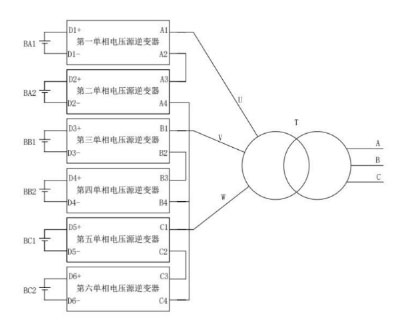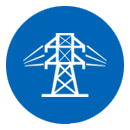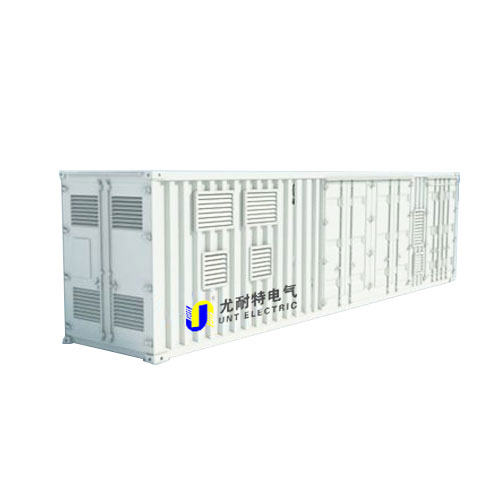Application field of five-level energy storage and current converter
Energy storage at the generation side: load regulation, intermittent energy smoothing, new energy consumption improvement, power grid reserve capacity improvement, participation in peak regulation and frequency modulation.
Transmission and distribution energy storage: improve power quality, reduce line losses, increase grid reserve capacity, improve transmission and distribution equipment utilization efficiency, and delay capacity increase demand.
User-side energy storage: smooth load curve, load transfer, peak cutting and valley filling.
Emergency power supply system: it is in standby state when the power grid is normal, and can be started when the power grid is faulty to ensure the continuous power supply of loads.
Fire power supply, emergency lighting, energy feedback, etc.
System block diagram of five-level energy storage and current converter

The five-level topology structure has two converter units in each phase, which are connected to 3.3kV to 35kV voltage grade buses by the method of converter AC end series through transformer boost. Under the five-level topology, the batteries are scattered in each PCS unit module, which operate independently from each other and have low coupling degree. Advanced active equalization technology is adopted to achieve high-level SOC equalization performance of battery packs at three levels: application layer, commutation chain layer, and PCS unit layer.
Characteristics of five-level energy storage current converter
? A five-level energy storage and current converter is suitable for various user requirements of a single machine of 2MW and below;
? Compared with the three-level current converter, the proposed device has higher safety performance, strong compatibility performance and supports multi-machine parallel connection:
? The body loss of the device is about 0.7%, and the efficiency is improved by more than 0.3%
? Nonblackouts (continuous) power supply function can be selected.









